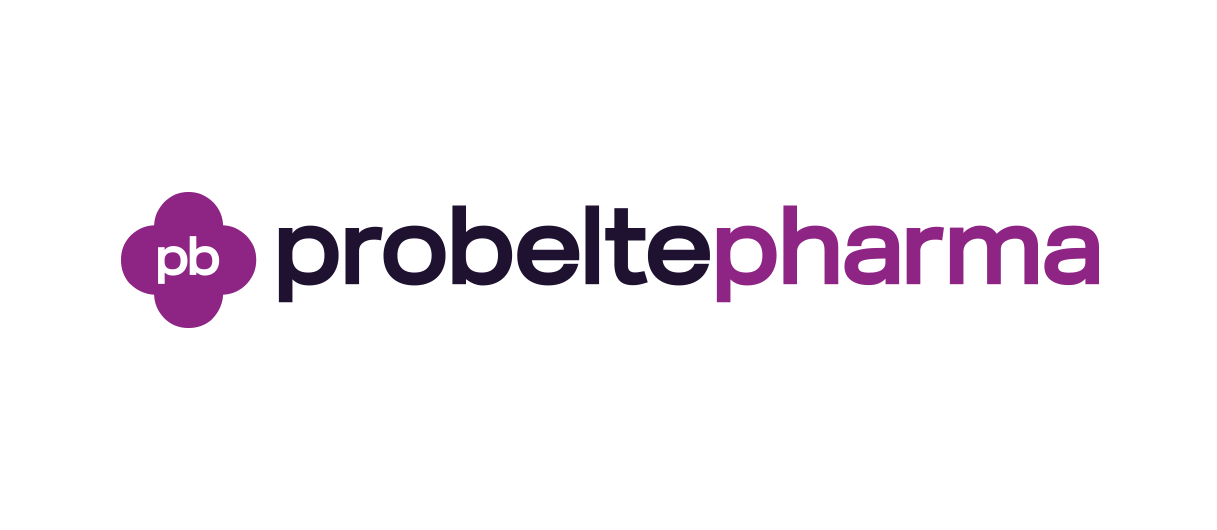Vitamin B6 or pyridoxine is a vitamin that is used to produce energy from nutrients and to help form red blood cells and antibodies; it also helps to strengthen the digestive and nervous systems. And it also:
- Helps to maintain brain function.
- Supports the formation of glycogen.
- Is involved in carbohydrate, protein and fat metabolism.
Vitamins are essential organic substances in the metabolic processes that take place during the nutrition of living organisms because they allow the body to absorb nutrients from food.
Recommended daily intake of vitamin B6
Broadly speaking, the recommended average daily intake of vitamin B6 is:
- For adult men it is between 3 mg and 1.7 mg.
- For adult women: 7 mg, rising to 1.9 mg during pregnancy.
- For children: between 1 mg and 1.3 mg.
It is important to meet your daily intake requirements of this vitamin, as deficiencies can lead to irritability, mood swings, depression or anxiety. Additionally, it may cause hives, rashes, chapping and peeling of the lips and swelling of the tongue.
To avoid such problems, it is essential to follow a healthy, balanced diet that provides your body with all the nutrients and vitamins it needs.
At specific times or when your physical activity requires an additional intake, you can also get help from natural food supplements like Keriba Sport, a combination of Pomanox (highly concentrated fresh pomegranate extract), magnesium and vitamin B6.
This food supplement is recommended for athletes because it reduces muscle pain, has an anti-inflammatory effect, inhibits cartilage breakdown and delays the onset of exhaustion, resulting in improved performance with less training (clinical study conducted by the Exercise Physiology Laboratory of the Catholic University of Murcia UCAM).
We have provided a list of foods that are rich in vitamin B6 below, so you can plan your daily diet to avoid a deficiency.
Foods rich in vitamin B6
Pyridoxine is a water-soluble vitamin, i.e. it dissolves easily in water, and it is commonly found in animal and plant products. The foods rich in vitamin B6 are as follows:
- Meat and meat products, where the highest amounts of vitamin B6 can be found in lean pork and beef, excluding bacon and pork belly, as well as liver and serrano ham.
- Whole grains and wholegrain products, as this vitamin is found in the bran and husk. Vitamin B6 can be found in rice, flour, wheat bran, bread, pasta and corn.
- Fish, with the richest being salmon, sardines, cod, sea bream, trout, sole and tuna and shellfish: crab, spider crabs, barnacles, octopus, lobster and langoustine also contain this vitamin.
- The vegetables that are especially high in vitamin B6 are Brussels sprouts, cauliflower, potatoes, spinach, sweet potatoes, leeks, chilli and peppers.
- The pulses with the highest content are beans, soybeans, lentils, broad beans and lupins.
- The nuts with high pyridoxine content also include pistachios, walnuts, hazelnuts, chestnuts and peanuts.
- Fruits also provide this nutrient, especially those that do not belong to the citrus group: avocados, raisins, dried figs and bananas.
- You can also consume this vitamin in spices, although they do not provide significant amounts of it, but they help the body to absorb and amass reserves of it. The spices that promote the absorption of vitamin B6 are saffron, cinnamon, oregano, pepper, paprika, nutmeg and basil.

